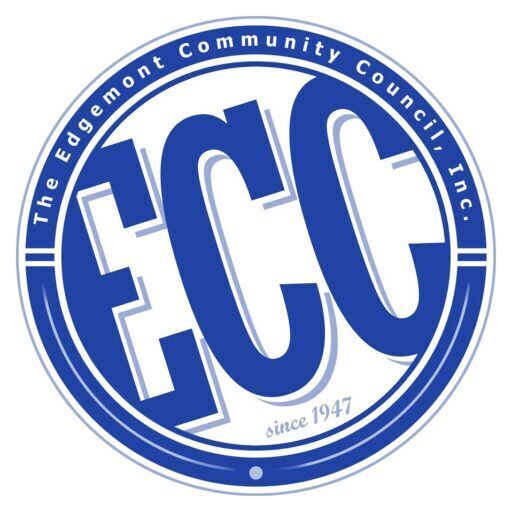The Edgemont Community Council tonight voted unanimously to ask that Town Building Inspector John Lucido be required to substantiate a claim in Town Supervisor Paul Feiner’s proposed budget for 2016 that shows building department revenues will more than double from $1.8 million this year to more than $5.1 million in 2016.
The stunningly huge increase in Mr. Lucido’s projected revenue is the reason that Mr. Feiner’s proposed budget is within next year’s New York State property tax cap. Without it, town property taxes next year would increase by at least five percentage points, which is well outside of the cap.
ECC directors said tonight they were worried that the revenue projections were either fictitious, given Mr. Feiner’s history of proposing budgets with phantom revenues or if real, were based on revenues from building projects that Edgemont civic leaders are opposing, including Shelbourne’s 80-unit assisted living facility at the corner of Underhill and Sprain Roads, a proposed expansion of traffic clogged Midway Shopping Center, and a 45-unit multifamily housing project on Dromore Road which, if built, would violate a 1912 restrictive covenant barring apartment buildings on the property.
At a town board work session last Tuesday, during which time Mr. Lucido made a pitch for an additional $50,000 for additional microfilm facilities, town board officials never asked Mr. Lucido to substantiate his proposed revenue figure.
Instead, when a town board member brought up the $5.1 million in revenue, Mr. Lucido said the number was “conservative” and that he expected the actual number to be in excess of $7 million.
However, in response to a Freedom of Information Request filed last week for information to substantiate his projected revenues for next year, Mr. Lucido said the “requested information is not statistical or factual.”
As of October 27, 2015, the department had received only $1.7 million for the year — but was expecting another $600,000 by year end.
The refusal of town board members to question Mr. Lucido about the basis for his projected increase in revenue for next year, coupled with Mr. Lucido’s statement that the “requested information is not statistical or factual” led ECC directors tonight to question whether town board members were purposely looking the other way so as not to find fault with Mr. Feiner’s proposed budget, which would force them to take up the perennially thorny question of spending and service cuts.
Several directors also wondered whether town comptroller Bart Talamini, who just announced he was calling it quits after eight years, had done any work himself to verify whether Mr. Lucido’s proposed revenue projections were made in good faith by examining what they were based upon.
The ECC resolution passed tonight said that if the town board did not get Mr. Lucido to provide a detailed breakdown of how he arrived at his revenue estimate, the ECC would ask State Comptroller Thomas DiNapoli if his office would assist in getting the answer.
Because the state authorizes property tax refunds to municipalities that stay within the tax cap, a municipality that is caught playing fast and loose with its budget in order to stay within the cap – and thereby get state refund checks delivered to its constituents – might incur the wrath of state officials who normally spend time only on municipalities in obvious fiscal trouble.
When budgeted town revenues fall short of projections, the Town covers its operating expenses by drawing down its fund balance. However, the danger in using fictitious revenue figures is that the fund balance may be depleted, in which event taxpayers may be faced with huge double digit increases.
That actually occurred as recently as 2007 when, because of the dwindling Town fund balance, Mr. Feiner had to proposed a budget for 2008 which called for a town property tax hike of 23%. The 23% hike came after several years in which Mr. Feiner had joined his colleagues on the town board in proposing minimal tax hikes.
If Mr. Lucido’s projections for 2016 are based on legitimate estimates from major building projects already in the pipeline, there is no problem. But if the projections are artificially inflated, or based on projects where approval is iffy at best, town taxpayers may be in for a very rude awakening in 2017 — similar to what occurred ten years before in 2007.
